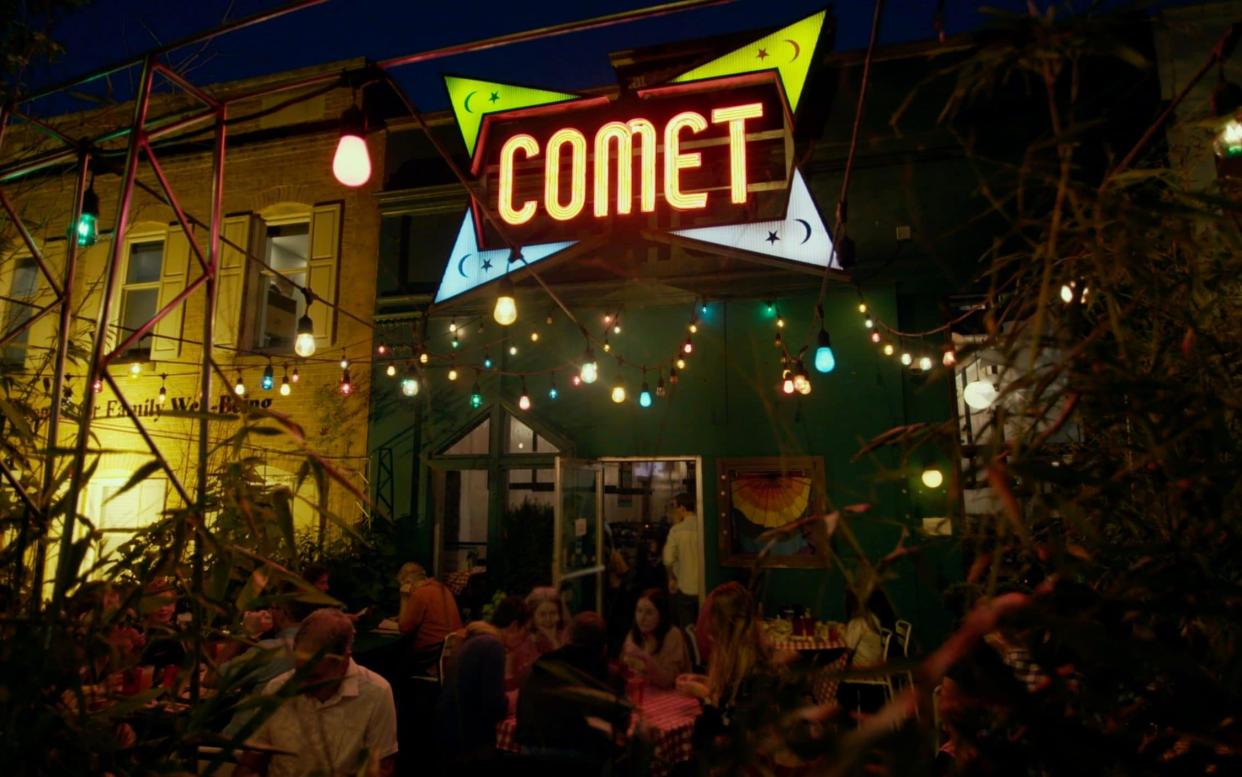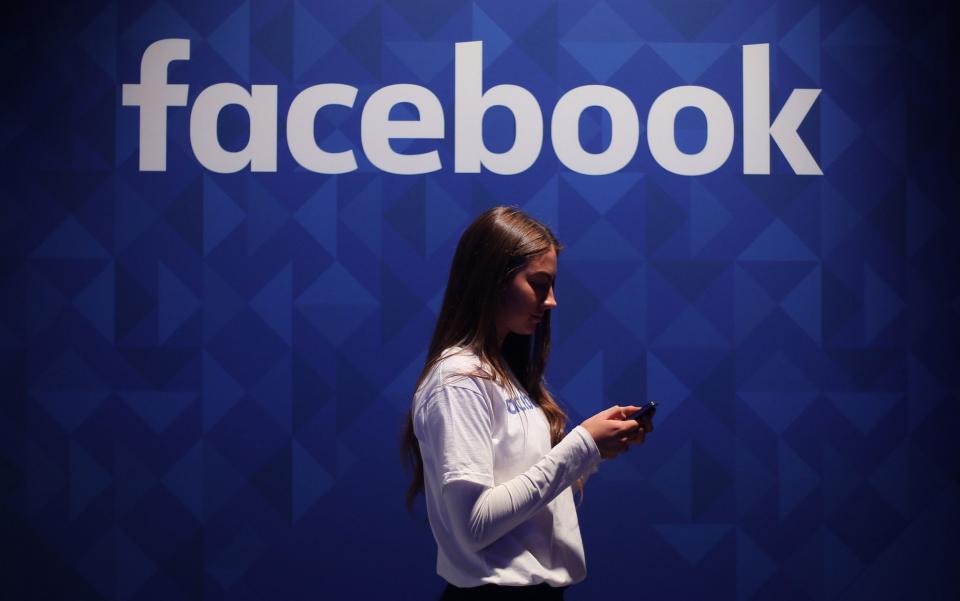After Truth: Disinformation and the Cost of Fake News, review: how lies become facts

Did you hear the one about all the Walmarts in Texas being connected by secret underground tunnels, and how President Obama was going to turn them into detention centres for political dissidents? Or the one about the Washington DC pizza and ping-pong restaurant that housed a child sex ring linked to Hillary Clinton?
You may be able to spot that both of these stories are mad conspiracy theories. Unfortunately, plenty of people cannot. After Truth: Disinformation and the Cost of Fake News (Sky Documentaries) was a well-researched and depressing look at how and why such stories spread online.
The ‘Pizzagate’ conspiracy began life as a post on the Reddit site, after the emails of Clinton’s campaign chairman were hacked. It suggested that references to pizza were actually coded messages about child pornography and rape. A restaurant mentioned in one of the emails was bombarded with hate mail and death threats, and the campaign culminated with a man so convinced of the story’s truth that he drove all the way from North Carolina and burst into the place armed with a rifle, shooting his way through a door at the back to rescue the imagined sex slaves. It was a coat cupboard.

There was no such end to the Texas story, but it was equally dispiriting to see how otherwise sane people could be taken in. The rumours sprung up around the Jade Helm military training exercise taking place in the state. The local mayor called a town hall meeting at which a man from the US Army patiently explained what was going on. A member of the crowd stood up and told him he didn’t believe a word of it, to much applause. Soon even the Texas governor had asked the State Guard to monitor the exercise.
And so it goes on. Film-maker Andrew Rossi did a good job of mapping out how these stories are fuelled by the alt-right. They were ridiculous figures - you had to laugh at Jacob Wohl, whose attempt to stage a press conference smearing FBI director Robert Mueller was so inept, it could have been a spoof documentary - but Facebook and others allow them to spread their theories unchecked. “These are the most powerful tools in the history of our planet,” one contributor said.
It’s tempting to say that everyone who falls for fake news is stupid, yet of course that’s not true. How can people discern what is truth and what is not when there are now so many information sources, or even understand the term “fake news” when President Trump uses it to describe any stories about himself that he doesn’t like? “People are starting to make their own truth and honestly I’m OK with that,” said one alt-right YouTube star. A disturbing prospect.
